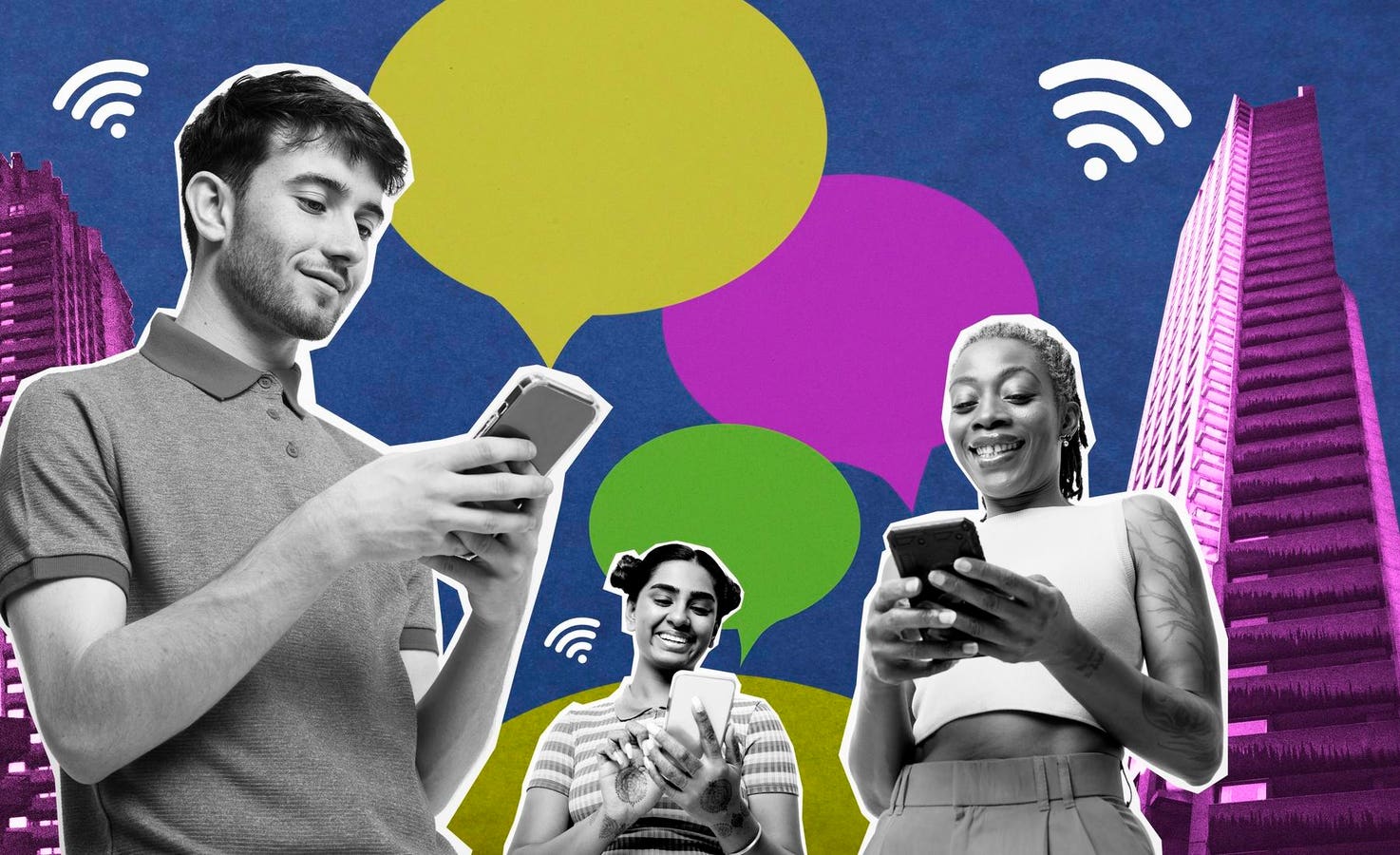How does social media affect your mental health? originally appeared on Quora: the place to gain and share knowledge, empowering people to learn from others and better understand the world.
Answer by Dr. Abbie Maroño, PhD in Psychology and Behavior Analysis, on Quora:
To state that it would be entirely positive or entirely negative would be misguided. Let’s start with what some of the positive effects are before moving to the more negative.
Positive Impacts
Social media platforms provide avenues for individuals to connect with friends, family, and communities, especially for those who may feel socially isolated. I know this from first-hand experience. When I moved from the UK to Florida, I was in a foreign country alone, I knew no one. Having social media allowed me to stay connected to my friends and family and feel a sense of connection despite being 5000 miles away.
Indeed, a study by Manago, Taylor, and Greenfield found that social media could enhance communication and connection, particularly for individuals with mobility or accessibility issues. Another research by Oh, Ozkaya, and LaRose indicated that the use of social networking sites could increase social capital, improve community engagement, and even foster a sense of belonging.
Moreover, social media can provide access to information and resources that might otherwise not be accessible. For example, many mental health charities and non -profit organizations disseminate educational resources for free, including blogs, videos, and self-help guides. Likewise, individuals who may not feel comfortable physically attending a support group but are looking for emotional support may benefit from joining social groups on social media. Users in such groups often share personal experiences, challenges, and achievements, creating an environment where empathy and understanding can flourish.
Negative Impacts
However, the darker side of social media use cannot be overlooked. A significant body of research has linked excessive social media use to mental health issues. For instance, a study by Primack and colleagues found a strong association between high social media use and increased rates of depression among young adults. Similarly, a study by Woods and Scott highlighted how social media could exacerbate feelings of anxiety and inadequacy due to constant social comparison.
Indeed, social media platforms often present curated and idealized versions of people’s lives, we scroll through the feed of influencers, who are seemingly living a life of luxury and success. Inevitably, we often compare our lives to theirs which my evoke feelings of inadequacy, envy, and decreased self-esteem, particularly when such influencers are around the same age group as the viewer, or younger. This is something most of us can probably relate to, I would be lying if I said I have not done the same at some point.
We have probably all head of the acronym FOMO (fear of missing out). Research carried out by Przybylski and colleagues found that constant exposure to others’ activities and events form social media intensified the fear of missing out and increased feelings of exclusion, anxiety, and a sense of disconnection.
What’s more, it’s important to note that the amount of time spent on social media has a significant impact on mental health, for example research conducted by Twenge and Campbell showed a relationship between increased screen time and rising rates of unhappiness and depression among teenagers. This finding suggests that the amount of time spent on social media, not just the content consumed, can impact mental well-being. Ask yourself, how many hours do you think you spend scrolling through social media everyday?
To sum, social media’s impact on mental health is not straightforward; it’s a complex interplay of various factors. For instance, how one uses social media (passively scrolling through feeds vs. actively engaging with content) can determine its impact.
This question originally appeared on Quora – the place to gain and share knowledge, empowering people to learn from others and better understand the world.
Read the full article here





